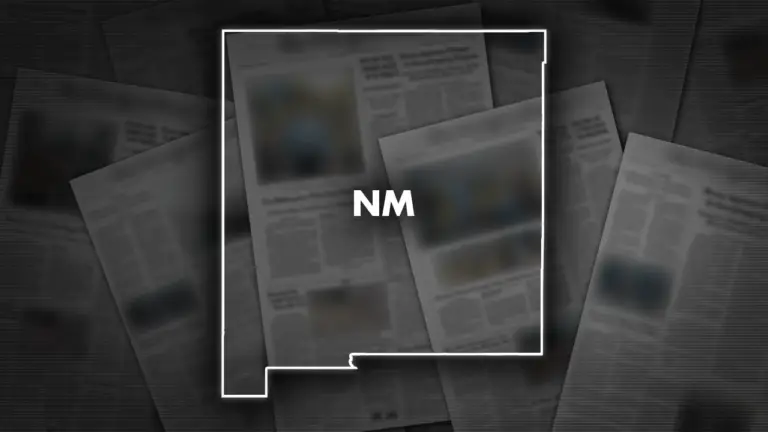New Mexico’s Supreme Court to Review Abortion-Ban Ordinances
In a state known for its progressive abortion laws, local governments in eastern New Mexico have taken steps to ban abortion within their jurisdictions. However, the state’s Attorney General, Raúl Torrez, has raised concerns, arguing that these local laws go against the state’s constitution.
The situation is set to be debated in December when New Mexico’s Supreme Court will listen to arguments about whether the recently enacted local ordinances should be upheld or overridden.
The state’s highest court announced its decision to hold the hearings and review legal briefs presented by various advocacy groups. The Attorney General had earlier approached the court in January, seeking to have the abortion-ban ordinances declared invalid. Torrez contended that these local laws infringe upon the state constitution, including its equal rights amendment which prohibits discrimination based on sex or pregnancy.
Examining Local Abortion Restrictions in New Mexico
The abortion laws in New Mexico are considered among the most liberal in the nation. However, local governments in regions where there is strong opposition to abortion have managed to establish their own regulations. These regulations often draw from an older U.S. law from the 19th century that restricts the provision of abortion supplies and medications.
These local abortion-ban ordinances are spread across the state, from Edgewood near Albuquerque to Eunice near the Texas border. They also encompass Lea and Roosevelt counties, as well as the cities of Hobbs and Clovis. Many of these ordinances have been put on hold by the New Mexico Supreme Court as it assesses the challenge put forth by the state’s Democratic Attorney General.
The Upcoming Supreme Court Debate
In December, New Mexico’s Supreme Court will provide an opportunity for advocates of reproductive rights to voice their concerns. The primary question to be answered is whether the abortion-ban ordinances implemented in various parts of the eastern state violate the state’s constitution.
Recent legislative actions have played a role in shaping the abortion landscape in New Mexico. In 2021, an old statute from 1969 that criminalized most abortion procedures was repealed by the Legislature, ensuring continued access to abortion even after the U.S. Supreme Court made changes last year.
This year, Governor Michelle Lujan Grisham, a Democrat, signed two bills in support of abortion rights. These bills were designed to override local ordinances that aimed to limit access to abortion services and protect abortion providers from being targeted by external interests.
Differing Perspectives
Groups such as Planned Parenthood and the American College of Obstetricians and Gynecologists oppose the local abortion restrictions. They argue that these initiatives harm consistent access to healthcare, particularly for pregnancy-related care, in remote and underprivileged communities.
On the other hand, anti-abortion groups, including the Family Policy Alliance, argue through court briefs that local governments possess the authority to enforce federal abortion restrictions.
The case before New Mexico’s Supreme Court highlights the ongoing tension between state and local laws in matters of reproductive rights. The outcome of this legal battle could have far-reaching implications for abortion access in the state.

